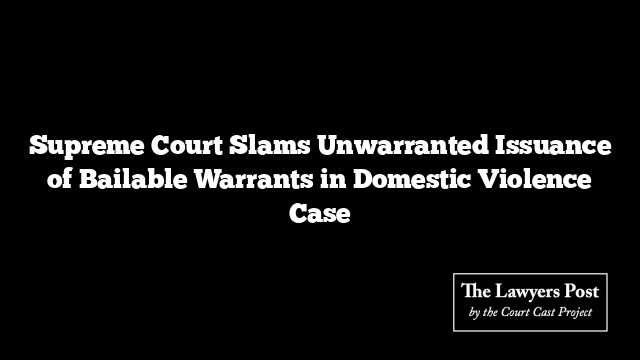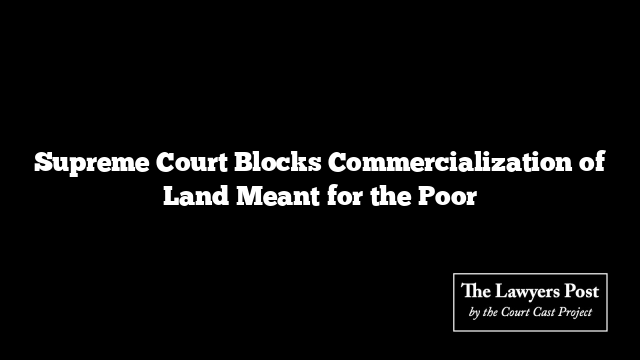The Supreme Court has raised concerns over the issuance of bailable warrants in cases filed under the Protection of Women from Domestic Violence Act, 2005. In a recent ruling, the Court emphasized that such proceedings are quasi-criminal in nature and do not carry penal consequences unless a protection order is violated.
Justice Sandeep Mehta, addressing the matter, stated that there is no reasonable justification for a Magistrate to issue bailable warrants in a case under this Act. The Court pointed out that these proceedings are distinct from criminal cases and only involve penalties when a protection order is breached, not at the stage of an initial complaint.
The case involved a transfer petition seeking to move a domestic violence case, filed by the petitioner’s mother-in-law, from Delhi to Ludhiana. The petitioner’s counsel argued that she is dependent on her father for survival due to her financial situation and that her minor son, who suffers from hearing impairment, requires her care. The petitioner’s legal team also contested the issuance of bailable warrants, which the Court found to be unjustified.
Acknowledging the hardship faced by the petitioner, the Court ruled in favor of transferring the case to Ludhiana and questioned the rationale behind the bailable warrants.





